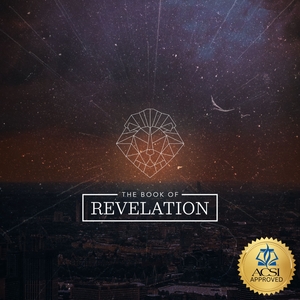Is Deuteronomy 30:1-9 the Palestinian Covenant? Some say these verses are a new covenant between God and Israel, but others say no.
Some scholars have argued that Deuteronomy 30:1-9 contains a new and separate covenant from the one offered through Moses, a covenant commonly called the Palestinial Covenant. The name comes from the language in Deuteronomy, where God promises Israel their land (in Palestine) as an everlasting inheritance. Though this view seems to be less popular than it once was, it still finds its proponents, particularly among some Dispensationalists.
In our view, Deuteronomy 30 does not offer a distinct covenant from those given before. The language in Deuteronomy 30 contains none of the characteristic covenant signs and language, nor does Scripture ever refer to the promises in Deuteronomy 30 as a distinct covenant by name.
Rather than offering a new covenant, we believe that Deuteronomy 30 reaffirms God's promises to Israel under an earlier, perpetual covenant: the Abrahamic Covenant. God uses the occasion of the giving of His Law to remind Israel of His promises to Abraham at several points, including in Leviticus 26 and Deuteronomy 30. These reminders were intended to teach Israel that righteousness and the opportunity to live eternally with God in His kingdom did not rest on their performance of the Law but on their faith and trust in the One who could perform the Law on their behalf (i.e., by grace).
Paul makes the same point in Romans 10:5-10, when he teaches that Moses' words in Deuteronomy 30 were a call to salvation through a confession of faith, not to a life of righteousness by performing the works of the Law. Therefore, we understand that Deuteronomy 30 was not a new promise or covenant but a reaffirmation of God's early promise to Abraham that he would become a father to all who believe (Rom 4:13) and would dwell forever in the land God gave Him.
Scripture quotations taken from the (NASB®) New American Standard Bible®, Copyright © 1995, 2020 by The Lockman Foundation. Used by permission. All rights reserved. www.lockman.org








